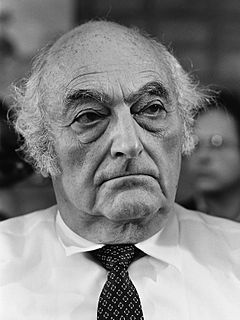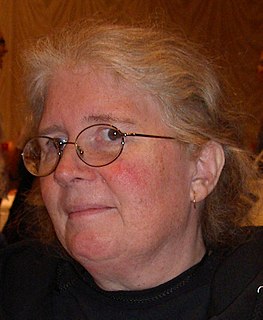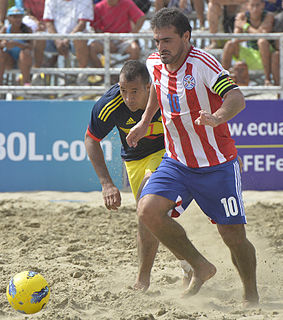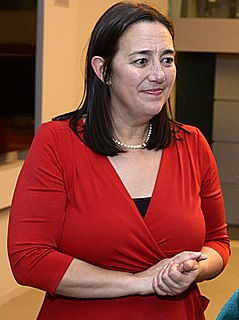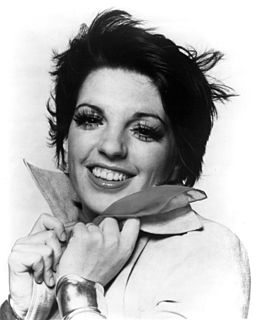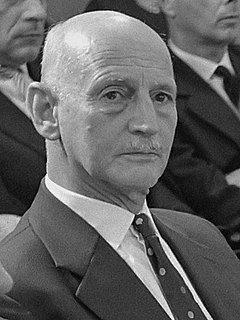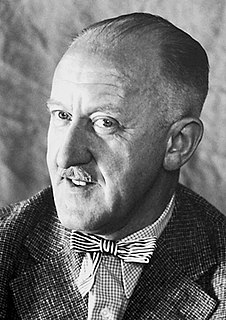A Quote by Stefan Heym
A Western writer came up to me and said, how come nobody at this demonstration spoke of German unity? I told him, because it isn't on the agenda. People were interested in having another, better GDR, another, better socialism.
Related Quotes
That's when America soars, when we look out for one another and we take care of each other, when we root for one another's success, when we strive to do better and to be better than the generation that came before us and try to build something better for generations to come, that's why we do what we do. That's the whole point of public service.
Besides, we weren't made to battle villains, because there weren't any. No nation, creed, or race was any better or worse than another; all were flawed, all were equally doomed to suffering, mostly because they couldn't see that they were all alike. Mortals might have been contemptible, true, but not evil entirely. They did enjoy killing one another and frequently came up with ingenious excuses for doing so on a grand scale-religions, economic theories, ethnic pride-but we couldn't condemn them for it, as it was in their mortal natures and they were too stupid to know any better.
This is not a movie about smelling the urine! It's another kind of movie." Volker Schlöndorff got Billy Wilder to agree to these conversations - you can buy it - because Volker spoke German at times. And he said to Billy Wilder: "What is in your mind?" And he said: "If you're going to try to tell the truth to the audience, you'd better be funny or they'll kill you." And I haven't forgotten that.
My mom had always wanted me to better myself. I wanted to better myself because of her. Now when the strikes started, I told her I was going to join the union and the whole movement. I told her I was going to work without pay. She said she was proud of me. (His eyes glisten. A long, long pause.) See, I told her I wanted to be with my people. If I were a company man, nobody would like me anymore. I had to belong to somebody and this was it right here.
When I was growing up, Forest Park was full of integrated families. It was amazing. One my best friends was Vietnamese. Another one was half-Mexican, half-black. Another one was from Colombia. Another one was born in the U.S., but his mom was from Germany and spoke with a German accent. So we all had multiple identities.
The stories my pupils told me were astonishing. One told how he had witnessed his cousin being shot in the back five times; another how his parents had died of AIDS. Another said that he'd probably been to more funerals than parties in his young life. For me - someone who had had an idyllic, happy childhood - this was staggering.
(on Marilyn Monroe) I was walking down Broadway with her and nobody was stopping us. She was going to (Stella Adler's) actors' studio, and she was taking me to show me what it was all about. And I said to her: "How come nobody is taking your picture?" She said: "Well, watch." She took her scarf off, straightened her shoulders, and draped something another way, and we were surrounded. It must have been 400 people. And I said: "Now I know why!"
One day in Auschwitz I became so dispirited that I couldn't carry on. They had given me a beating, which wasn't exactly a pleasant experience. It was on a Sunday, and I said: 'I can't get up'. Then my comrades said: 'That's impossible, you have to get up, otherwise you're lost'. They went to a Dutch doctor, who worked with the German doctor. He came to me in the barracks and said: 'Get up and come to the hospital barracks early tomorrow morning. I'll talk to the German doctor and make sure you are admitted'. Because of that I survived.
Human beings, in point of fact, are lonely by nature, and one should feel sorry for them and love them and mourn with them. It is certain that people would understand one another better and love one another more if they would admit to one another how lonely they were, how sad they were in their tormented, anxious longings and feeble hopes.
I recall a conversation I was having with Pharrell one time. We were in the studio talking about R&B, and he said 'You're like me, we're like each other, we think the same way.' He's one of the few people I would consider a mentor, not because I look up to him but because he's actually given me sound advice and it came from a place inside of him.
He told me that once, in the war, he’d come upon a German soldier in the grass with his insides falling out; he was just lying there in agony. The soldier had looked up at Sergeant Leonard, and even though they didn’t speak the same language, they understood each other with just a look. The German lying on the ground; the American standing over him. He put a bullet in the soldier’s head. He didn’t do it with anger, as an enemy, but as a fellow man, one soldier helping another.
